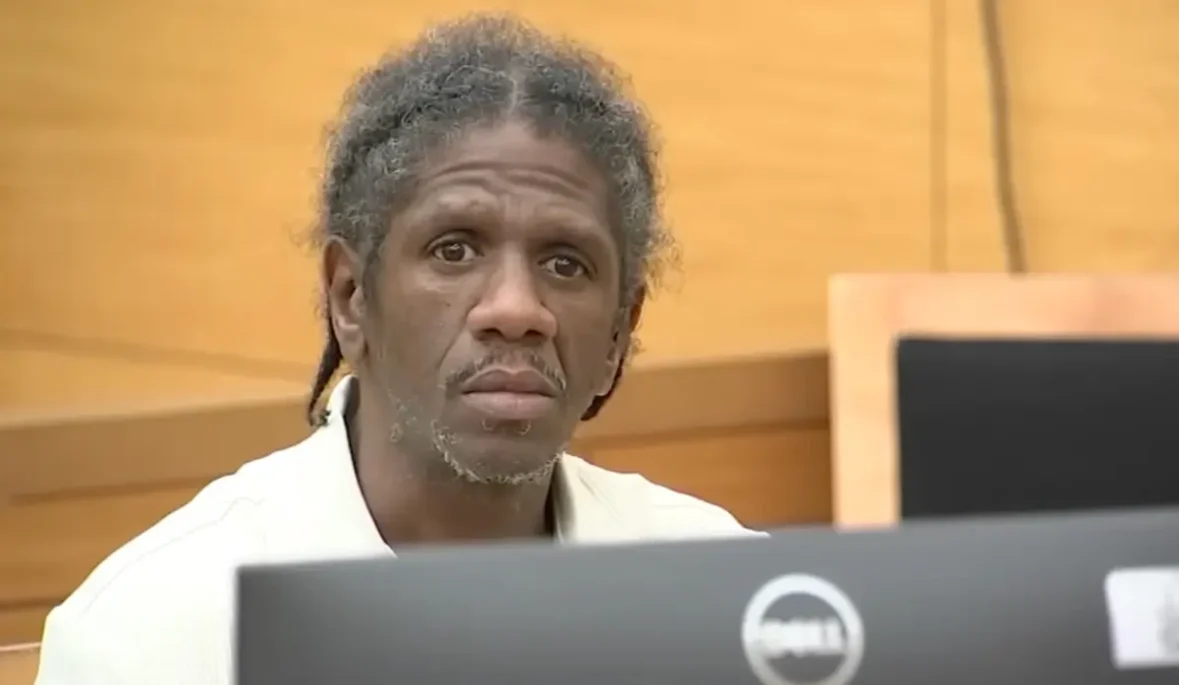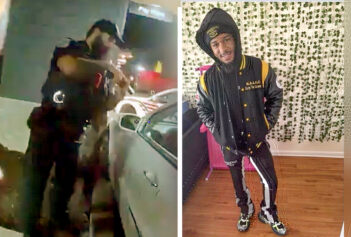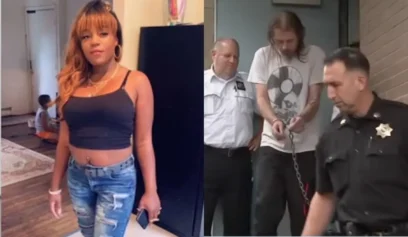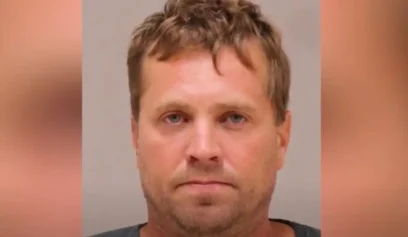A Brooklyn man who spent 16 years in prison for a 2008 fatal shooting was freed after surveillance video, previously withheld during his trial, showed two other suspects near the crime scene, prompting the Brooklyn district attorney to overturn his conviction.
Arvel Marshall, now 52, maintained his innocence despite his conviction in the 2008 shooting death of 22-year-old Moustapha Oumaria of Brooklyn.
However, crucial surveillance footage that could have exonerated Marshall was never presented at his trial, and it took another 15 years for this evidence to resurface and confirm that Marshall was not the shooter.

The crucial video, recorded from a nearby building, showed two men — neither of whom was Marshall — walking down a Crown Heights street toward where Oumaria was sitting outside his home with three friends before the shooting commenced.
The video shows one of the two men, whose clothing matched a witness’ description, reaching toward an object by his right hip. Shortly after, the footage captures the same men fleeing in the opposite direction just moments after Oumaria fell dead.
On Aug.9, in front of a Supreme Court judge, the Brooklyn district attorney’s office sought to overturn Marshall’s conviction after he had spent 16 years in prison for a crime they now confirm he did not commit.
Brooklyn DA Eric Gonzalez labeled the wrongful conviction as tragic following a re-investigation by his Conviction Review Unit. Since 2014, the unit has overturned 39 wrongful convictions and is actively examining close to 60 additional cases.
As he walked out of prison, Marshall was overcome with relief and elation.
The long-awaited moment of freedom felt like a dream come true, and he embraced it with a mix of joy and disbelief.
Although he did not outline any specific plans for the future, he expressed profound happiness at the prospect of a new beginning.
“Feeling good. Happy to be free,” Marshall said, according to CBS News. “Happy to see that it’s real. It’s not a dream no more.”
“This is heaven right here on earth right now,” he said. “You don’t want to close your eyes, because you don’t want it to be a dream. So it’s like, right now, I’m nervous. I am sleepy, but I don’t want to close my eyes. I don’t want to wake up, and I’m back in a cell,” he said.
With a new ID in hand and a hopeful outlook, Marshall headed to Brooklyn to reunite with his family and enjoy a long-awaited feast, savoring the simple pleasures he had missed for nearly two decades.
During jury selection, the prosecutor dismissed Marshall’s objections, asserting that no video footage was available and that only still images of two men walking had been provided to the defense. Later in the trial, it emerged that these images were derived from a video, which the prosecutor described as “unreadable” and inaccessible, as detailed in the review unit’s findings. The trial judge accepted the prosecutor’s assertion.
Marshall’s mother, Mildred, died in 2015, but he was unable to say goodbye because he was wrongfully in prison.
Marshall’s ongoing requests to watch the tape during the trial were denied, according to Brooklyn DA Eric Gonzalez.
“That evidence was said to be unplayable. They didn’t have the technology or ability to play it,” Gonzalez said, according to CBS.
More recently, Marshall’s attorney argued that he had an alibi and that the case should never have gone to trial. The newly uncovered video evidence supported this claim, and Marshall was set free.
However, the real killer was never apprehended.


